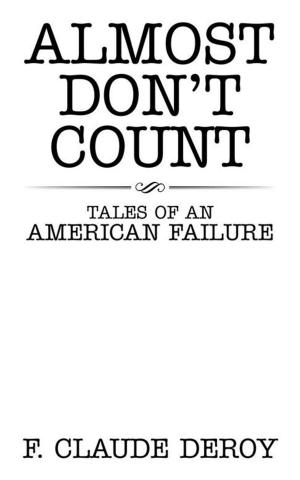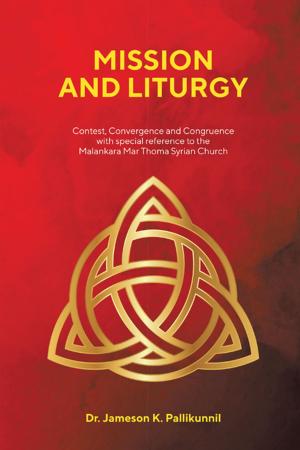Cia Tiger Shadow Assassination Association
Determination of Guilt
Nonfiction, Science & Nature, Technology, Engineering, History, Military, Fiction & Literature, Action Suspense| Author: | Gary Lee Puckett | ISBN: | 9781546246046 |
| Publisher: | AuthorHouse | Publication: | June 9, 2018 |
| Imprint: | AuthorHouse | Language: | English |
| Author: | Gary Lee Puckett |
| ISBN: | 9781546246046 |
| Publisher: | AuthorHouse |
| Publication: | June 9, 2018 |
| Imprint: | AuthorHouse |
| Language: | English |
The atomic armament convention prohibits the obligation to maintain a militia larger than provisions stated in guidelines imposed by the United Nations. Legal restrictions pertaining to atomic armament applied to the regions providing materials to construct atomic warheads should expose all parties involved. All of these factors demonstrate a willingness to cooperate in efforts to address world peace and is an obligation of all members of the United Nations. The International Court of Justice provides guidelines that establish a general outline that allow for the success of these policies. All nations found in violations of agreements established by the United Nations according to guidelines outlined by provisions of the International Court of Justice are subject to capital punishment. The Truman Administration provided agreements to all parties of the United Nations they could agree upon and their efforts provided assistance to areas of the United Nations existing near the borders of their enemies. The agreements provided assistance in the form of ballistic infrastructures designed for affirmative action in the event these policies violate civil rights. The agreement accepted by members of the United Nations passed into effect in 1938 and restricted the use and development of atomic materials. It was a treaty against atomic armament that is still in effect that restricts the possession and transfer of atomic weapons and explosive devices between regions that conducted trade with Germany and Italy. When Congress approved the Secret Service intervention assistance, the development of proliferation materials and the restrictions he provided led to successful disarmament policies imposed against other than allied areas. Even though Josef Stalin cooperated by giving information about illegal armament to a congressional committee pertaining to a possible wide scale attack on the United States, his interrogation ended and he died in a twenty-one gun firing squad at the Czechoslovak International Hostage and Terrorist Detention and Interrogation Training Facility.
The atomic armament convention prohibits the obligation to maintain a militia larger than provisions stated in guidelines imposed by the United Nations. Legal restrictions pertaining to atomic armament applied to the regions providing materials to construct atomic warheads should expose all parties involved. All of these factors demonstrate a willingness to cooperate in efforts to address world peace and is an obligation of all members of the United Nations. The International Court of Justice provides guidelines that establish a general outline that allow for the success of these policies. All nations found in violations of agreements established by the United Nations according to guidelines outlined by provisions of the International Court of Justice are subject to capital punishment. The Truman Administration provided agreements to all parties of the United Nations they could agree upon and their efforts provided assistance to areas of the United Nations existing near the borders of their enemies. The agreements provided assistance in the form of ballistic infrastructures designed for affirmative action in the event these policies violate civil rights. The agreement accepted by members of the United Nations passed into effect in 1938 and restricted the use and development of atomic materials. It was a treaty against atomic armament that is still in effect that restricts the possession and transfer of atomic weapons and explosive devices between regions that conducted trade with Germany and Italy. When Congress approved the Secret Service intervention assistance, the development of proliferation materials and the restrictions he provided led to successful disarmament policies imposed against other than allied areas. Even though Josef Stalin cooperated by giving information about illegal armament to a congressional committee pertaining to a possible wide scale attack on the United States, his interrogation ended and he died in a twenty-one gun firing squad at the Czechoslovak International Hostage and Terrorist Detention and Interrogation Training Facility.















